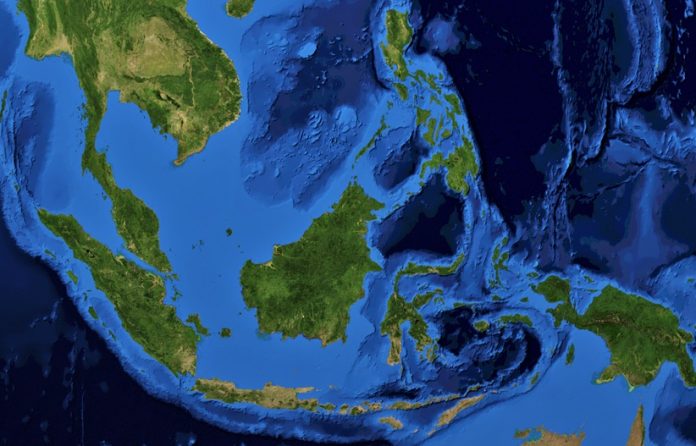Overlapping regions facing major climate impacts along with food and fuel insecurity and supply chain disruptions.
Asian Development Bank (ADB) president Masatsugu Asakawa today called for regional cooperation in tackling climate change and other critical development challenges. He made the call at the the 15th Indonesia-Malaysia-Thailand Growth Triangle (IMT-GT) Leaders’ Summit, and the 15th Brunei Darussalam-Indonesia-Malaysia-Philippines Growth Area (BIMP-EAGA) Leaders’ Summit – both taking place in Labuan Bajo, Indonesia.
Asakawa said: “The threats confronting us today are quite different from those of three decades ago. It is crucial that we work collectively to tackle these challenges, the most pressing of which are climate change, food and energy security and trade and supply chain disruptions.”
Underscoring the threat that climate change poses to Asia and the Pacific economies, Asakawa urged IMT-GT and BIMP-EAGA leaders to develop low-carbon policies in tandem with green and blue recovery projects.
As the region’s climate bank, ADB is intensifying efforts to deliver $100bn in climate financing by 2030, while supporting a range of initiatives like the Innovative Finance Facility for Climate in Asia and the Pacific to help countries transition to low-carbon futures.
The region is also facing dual food and fuel crises, prompting Asakawa to call on leaders to take urgent action on food supply and value chains, while working to improve energy security. Across Asia and the Pacific, ADB is supporting food security with a comprehensive $14bn programme through to 2025, while also spearheading initiatives in the energy sector including the Energy Transition Mechanism.
Expanding economic corridors and bolstering special economic zones across the two overlapping regions is also seen as a path to help build sub-regional connectivity and ease trade and supply chain disruptions.
The IMT-GT and BIMP-EAGA meetings were held on the sidelines of the 42nd Association of Southeast Asian Nations (ASEAN) Summit. IMT-GT was established in 1993 with the objective of accelerating economic transformation in disadvantaged areas in Indonesia, Malaysia and Thailand by leveraging their complementary and comparative advantages. BIMP-EAGA was established in 1994 as an initiative dedicated to spurring development in remote and less developed areas in Brunei Darussalam, Indonesia, Malaysia, and the Philippines.


















